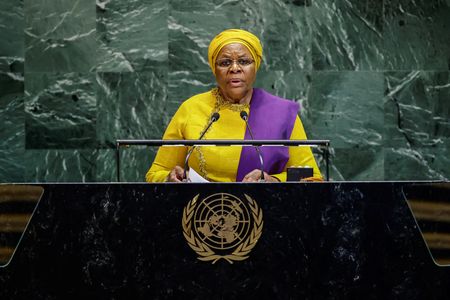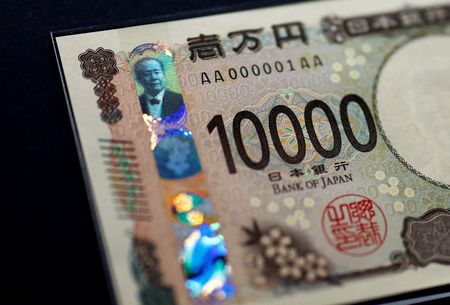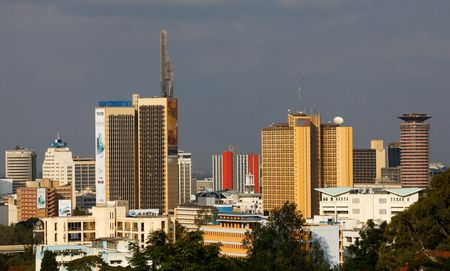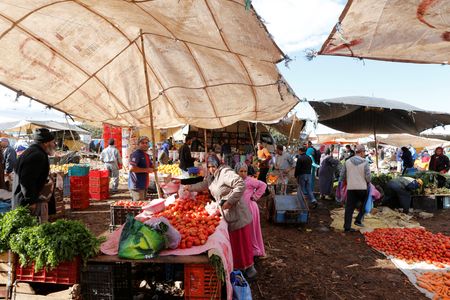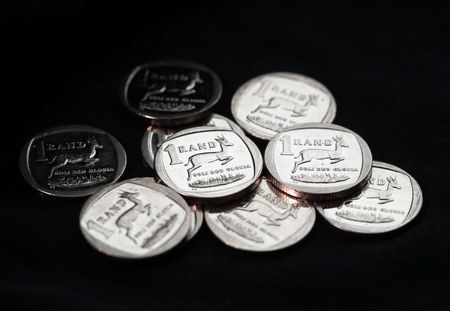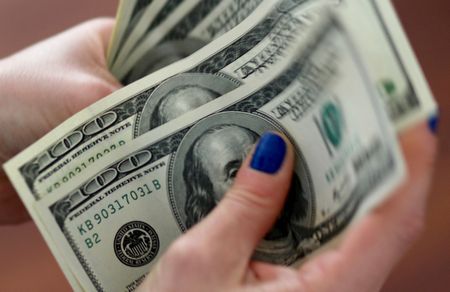By Rachel Savage
LONDON (Reuters) – South Africa should cut corporation tax, raise VAT and maintain COVID-19 relief grants, while making sure the poorest are not worse off, the Organisation for Economic Cooperation and Development (OECD) said in a report on Thursday.
The government managed the COVID-19 crisis relatively well and consumption and exports are supporting an economic recovery, the OECD said, but it warned inflation, which rose to 7.8% in July, and power cuts posed risks to growth.
South Africa’s economy returned to its pre-pandemic size in the first quarter of this year, but rising prices and persistent power outages have held back growth as President Cyril Ramaphosa’s promise to reform struggling state electricity company Eskom has failed to materialise.
“Our progress in tackling unemployment, poverty and inequality remains insufficient,” South Africa’s deputy finance minister David Masondo said on Thursday in a press conference at the launch of the report.
“Low levels of productivity and competiveness are inhibiting growth,” he said, adding that was driving the government’s focus on “structural reforms”.
The 350 rand ($20.74) monthly social relief grant introduced during the pandemic had provided crucial support for unemployed people and was “highly redistributive”, the OECD said.
However, finance minister Enoch Godongwana has previously warned making it permanent would be ruinously costly and investors have expressed concern about its fiscal impact.
The OECD is forecasting South Africa’s economy to grow 1.8% in 2022, slightly below the central bank’s prediction of 2%, and 1.3% in 2023, the same as the bank’s forecast.
The government’s 500 billion rand ($29.6 billion) support of the economy during the COVID-19 pandemic, equivalent to 10% of GDP, had helped growth rebound, Isabell Koske, the OECD’s acting head of country studies, said at the press conference.
But, she added: “The recovery has been interrupted by the consequences of Russia’s invasion of Ukraine.”
Deductions are undermining the progressiveness of the tax system and reducing them would help reduce the country’s high inequality and increase tax revenues, which are below the OECD average, Koske said.
($1 = 16.8773 rand)
(Reporting by Rachel Savage; Editing by Mark Potter)


